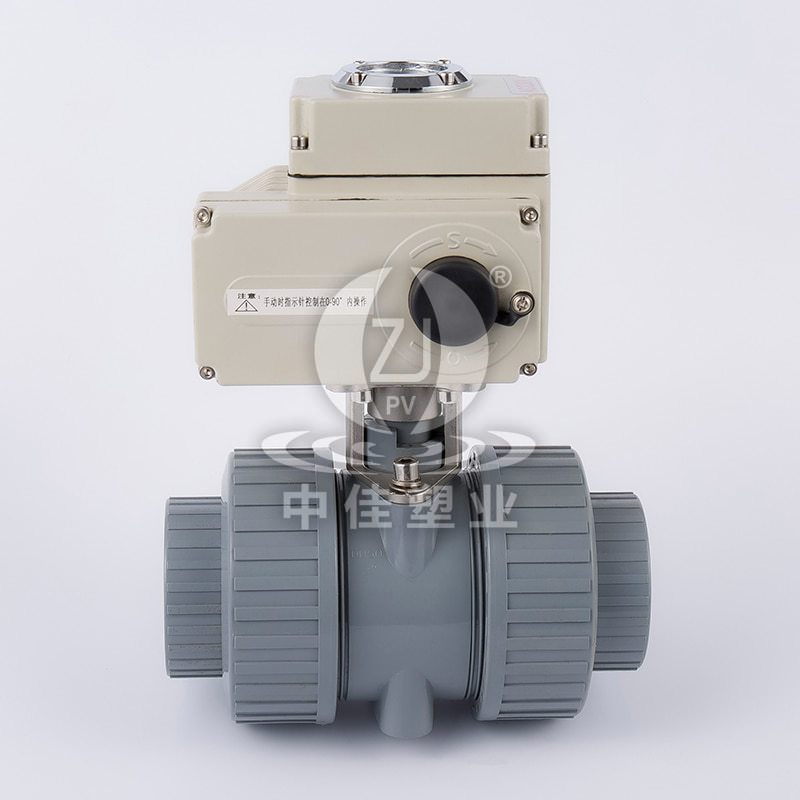

Designed to resist corrosion, wear, and the harsh chemicals often encountered in industrial and commercial settings, these valves require far less upkeep compared to traditional metal or PVC-U valves. One of the most significant benefits of PVC-C valves is that they don't rust or corrode, making them a low-maintenance option for systems exposed to moisture or aggressive chemicals. Over time, the materials retain their structural integrity, reducing the need for frequent replacements and keeping maintenance costs in check.
In terms of replacing parts or seals, PVC-C valves are remarkably straightforward. The components are designed for easy disassembly, meaning that when maintenance is needed, valve parts can be replaced quickly, minimizing downtime. Unlike metal valves, which often require welding or specialized tools for repairs, PVC-C valves can be serviced using basic plumbing tools, making the entire process faster and more cost-effective. Seals and gaskets, which are the most common parts that wear out over time, are readily available and simple to replace, requiring no expert intervention.

Another advantage of PVC-C valves is their resistance to scaling or sediment build-up, which can be a common issue in metal valves and can affect performance. With less likelihood of clogging or needing extensive cleaning, PVC-C valves can continue to function optimally for years, reducing the frequency and complexity of maintenance tasks. However, like any piece of equipment, regular checks for leaks, cracks, or other signs of wear are still necessary to ensure long-term performance. Because PVC-C is not subject to the same environmental damage that affects metal or PVC-U valves, maintaining these valves typically involves inspecting seals, ensuring that gaskets are properly fitted, and checking for any visible damage to the valve body.
For industries that rely on consistent flow control, the easy maintenance of PVC-C valves translates to reduced operational costs. Since these valves do not require frequent part replacements or costly repairs, businesses can expect fewer disruptions to their systems. Additionally, their resistance to corrosion ensures that maintenance is more about routine checks rather than dealing with catastrophic failures due to material breakdown.
PVC-C valves offer significant advantages when it comes to long-term maintenance. Their durability, combined with simple seal replacements and minimal wear, makes them a practical and cost-effective choice for industries seeking reliable performance over the years. With easy-to-replace parts and a straightforward maintenance routine, these valves ensure continued, hassle-free operation in a variety of systems, making them a smart choice for businesses looking to minimize downtime and reduce long-term maintenance costs.